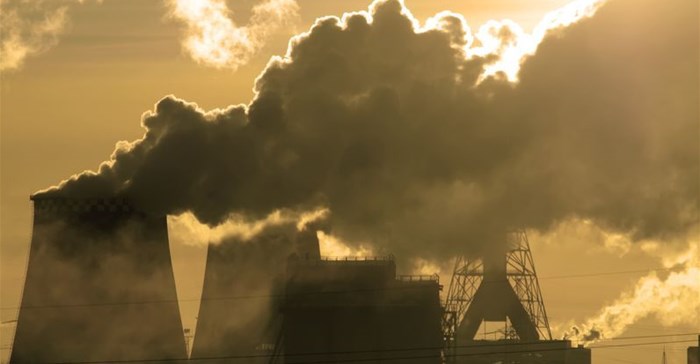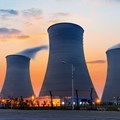
Related



Ramaphosa dismisses Trump’s threat to bar South Africa from 2026 G20 summit
Ben Ezeamalu 1 Dec 2025

How South Africa's G20 triumph defied a US boycott
Hugh Hacking 26 Nov 2025


Top stories

Marketing & MediaMoshoeshoe Monare appointed group head of Corporate Affairs at Primedia
Primedia Broadcasting 14 hours

Marketing & Media#BehindtheSelfie: Spitfire's Ying-Poi De Lacy on directing with purpose
Karabo Ledwaba 13 hours




AutomotiveFoton breaks into South Africa’s top commercial vehicle ranks in just over a year
Foton 2 days
More news




ESG & Sustainability
Innovations from Uganda and Tanzania selected for H&M’s Global Change Award 2026

ESG & Sustainability
In photos: How Cape Town is converting waste into electricity






Construction & Engineering
#BizTrends2026 | CESA's Chris Campbell: Reigniting progress in SA's infrastructure journey

Construction & Engineering
#BizTrends2026 | TPN Credit Bureau's Waldo Marcus: Resilience over expansion wins the day










